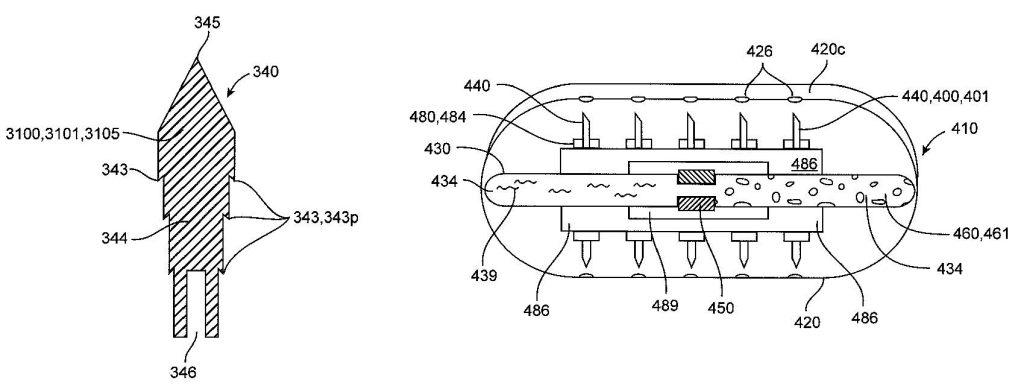Through a fog, an indistinct, faceless man in a white lab coat approaches you with what appears to be a heavy wooden log. The faceless man struggles under the weight. The log morphs into a giant… syringe. The sharp, menacing point of the needle extends toward you, an evil liquid oozing from the tip. You try to move, to run, to scream, but you’re paralyzed, rooted in place. The faceless man picks up speed, rushing toward you. The needle is inches from your eye.
You awaken…Whew…That was close.
Wait a minute. You’re in a medical office. There actually is a man in a white lab coat approaching you with a needle, a much smaller one this time. The man clearly intends to stick the needle into you. Nausea churns your stomach, and you have the urge to vomit. You feel your heart pounding. You are dizzy, your vision narrows, and you’re on the verge of fainting. You stagger to your feet and bolt from the room.
Sound like you?
If so, you are one of the ten percent of Americans with an extreme fear of needles, called trypanophobia. You may be one of the sixteen percent of Americans who avoid medical procedures and vaccines because you fear the injection. Your fear affects your ability and willingness to seek or accept medical treatment and can have very real, including fatal, implications for your health. Many drugs can be administered only by injection, including biologics like vaccines. What to do? This being an article on patents, it’s technology to the rescue. Hello to Rani Therapeutics. Rani owns multiple patents and applications on a technology that avoids needles puncturing the skin, at least the skin on the outside.
In the Rani invention, a patient swallows a capsule. The capsule passes through the stomach and into the small intestine. The capsule dissolves, releasing a bladder that inflates, orienting a tiny syringe at right angles to the wall of the small intestine. A trigger dissolves, injecting a nugget of medication into the small intestine wall. A coating on the nugget dissolves, releasing the medication into the patient’s bloodstream. The bladder deflates, and the patient passes the bladder and the remnants of the tiny syringe and capsule. Here’s a page with a video on how it works. The Rani technology is currently in Phase I clinical trials, so you can’t catch up on your Covid vaccines without a puncture just yet. Maybe in the future.
Happy Halloween!
Seriously, if you are so afraid of needles that you avoid vaccines or medical care, your physician may be able to help you with cognitive behavior therapy, exposure therapy, or medications.
— Robert Yarbrough, Esq.



